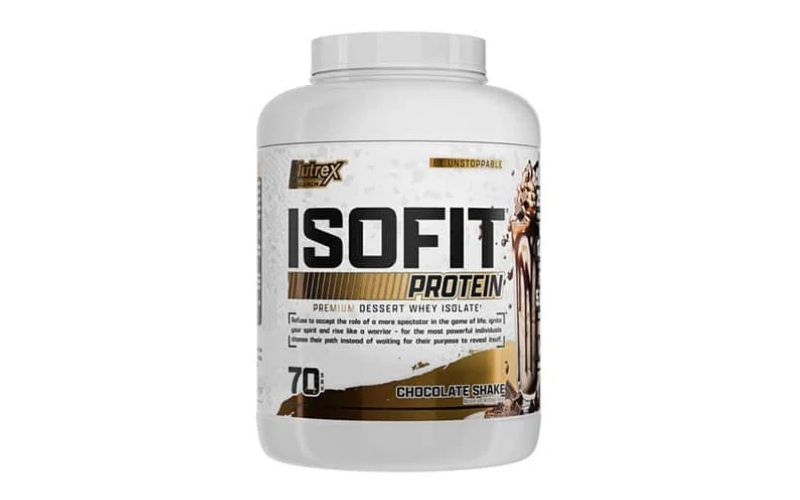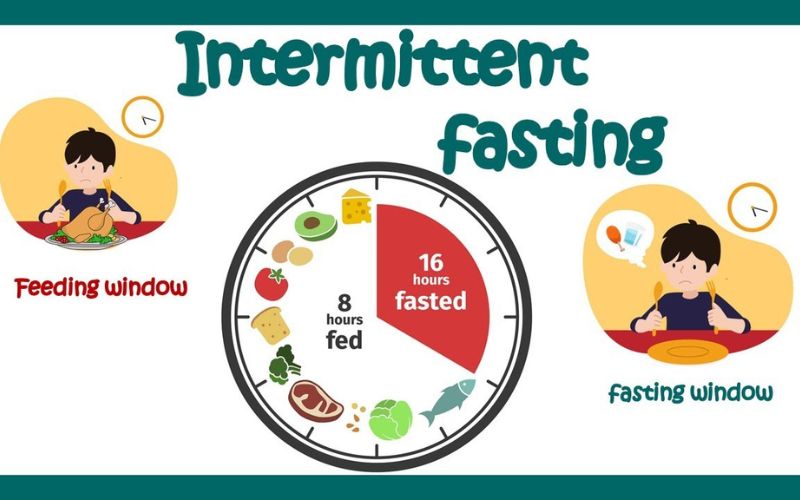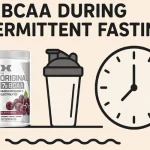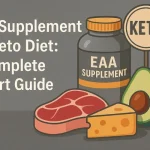Combining intermittent fasting with zero-carb protein is a smart way to support fat loss, preserve lean muscle, and control hunger. But beginners often ask: does protein break a fast, when should you take it, and what results can you really expect? The key lies in timing, product quality, and consistency. Let’s walk through how to make zero-carb protein work seamlessly with your fasting routine.
Table of Contents
What Zero-Carb Protein Means for Fasting
Before diving into timing, it’s important to know what zero-carb protein actually is. Unlike standard protein powders that often contain fillers or sweeteners, zero-carb options keep insulin spikes to a minimum and fit better with fasting goals. They’re designed to provide pure protein support without disrupting fat metabolism.
Many people choose clean formulas like Critical Plant Protein 450g to avoid unnecessary sugars or additives. This helps fasting beginners stay within their calorie targets without compromising the quality of their nutrition.
Learn how zero-carb protein fits perfectly into intermittent fasting for better results!
When to Use Zero-Carb Protein During a Fast
Intermittent fasting is all about managing eating and non-eating windows. The question is—where does protein fit in? The answer depends on your goals.
Some people take their shake at the end of a fast, breaking it with protein first before eating a meal. Others prefer having it during the feeding window to extend satiety and maintain lean muscle. If you train while fasting, pairing your shake with performance support like Optimum Nutrition Gold Standard Pre-Workout gives you an extra edge.
Practical Timing Tips
- Use protein at the start of your eating window to control portion sizes later.
- If exercising, consume zero-carb protein post-workout for muscle repair.
- Avoid late-night servings if they disrupt sleep.
Benefits You Can Expect
Adding zero-carb protein to fasting isn’t about rapid transformation—it’s about long-term sustainability. Here are the most common benefits people notice:
- Better appetite control: Protein reduces hunger hormones and helps manage cravings. For more snack ideas, look at recipes like Low-Carb Protein Shakes for Weight Loss, which adapt well to fasting goals.
- Muscle preservation: Protects against muscle loss when in a calorie deficit.
- Steadier energy: Supports blood sugar balance, avoiding the “fasting crash.”
- Fat loss synergy: When paired with fasting, protein encourages fat to be used as energy.
Choosing the Right Protein
Quality matters more than ever when you’re in a fasting state. Look for products with minimal ingredients, zero added sugars, and high digestibility. A clean powder ensures you’re not unintentionally breaking your fast with hidden carbs.
Some users also stack supportive options for overall results. For instance, pairing with CLA + L-Carnitine + Green Tea can enhance metabolism without stimulants, keeping fasting smoother for those sensitive to caffeine.
First-Week Roadmap with Zero-Carb Protein
The first week of combining fasting and protein is about adjustment. Small daily tweaks make the process easier:
- Day 1–2: Focus on hydration. Carrying an Endurance Water Bottle 800ml (Green) helps reduce the confusion between thirst and hunger.
- Day 3–4: Introduce a shake at the start of your feeding window to improve satiety.
- Day 5–6: If training, add pre-workout support and follow with protein to enhance recovery.
- Day 7: Reflect on your energy, mood, and appetite—make small adjustments before the next week.
Mistakes Beginners Should Avoid
While zero-carb protein fits well into intermittent fasting, there are a few pitfalls to watch for.
- Choosing powders with hidden sweeteners that break the fast.
- Overusing protein shakes instead of eating whole food meals.
- Training too intensely without proper fuel, leading to fatigue.
- Ignoring tolerance—especially if using stimulant-based supports alongside fasting.
FAQs
Does zero-carb protein break a fast?
If consumed during the fasting window, it technically ends the fast because protein contains calories. The best use is at the beginning of your feeding window or post-workout.
Will protein shakes affect autophagy?
Yes, any calorie intake can reduce autophagy. If your goal is autophagy-driven fasting, keep protein only in your eating period.
Can I combine protein with fat burners while fasting?
Yes, but start cautiously. Non-stimulant options such as CLA + L-Carnitine + Green Tea are easier on the body during fasting windows.
Final Thoughts
Zero-carb protein and intermittent fasting work together when used with purpose. By timing it around your eating window, choosing clean products, and supporting your fast with hydration and light activity, you’ll see better satiety, muscle support, and energy balance. The first few weeks may take adjustment, but once you find your rhythm, this combo can make fasting more sustainable—and more effective.



























